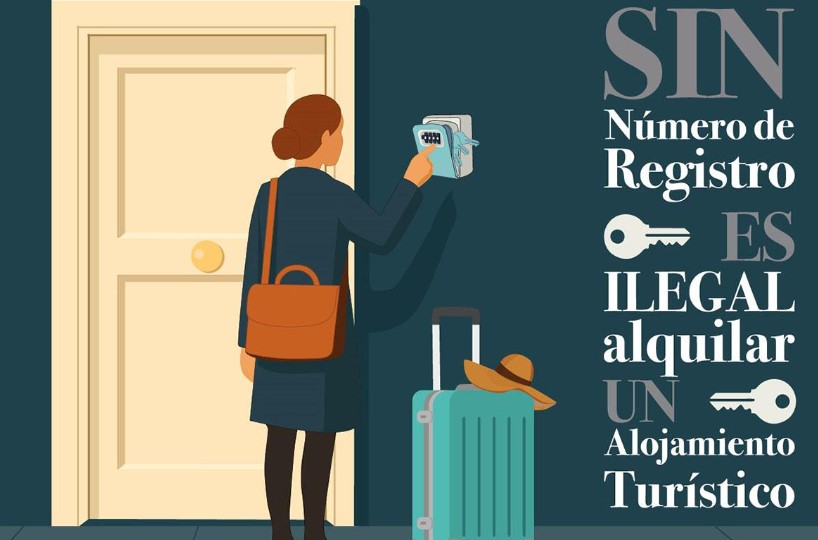Spain is gearing up for a new era of short-term rentals: As of July 1, 2025, the European regulations governing tourist and seasonal rentals will come into force, fundamentally reshaping the market. The aim is to stabilize the housing market, curb fraud, and create greater transparency. This is a crucial measure to facilitate access to decent housing for all citizens.
The Key Element: The Registration Number
Regulation (EU) 2024/1028 stipulates that every dwelling intended for tourist or seasonal use must have a registration number. Without this number, legal operation will no longer be possible from July 1. This applies to both the rental of entire dwellings and individual rooms.
How to Apply for the Registration Number
The process for applying for the registration number begins on January 2, 2025. Applicants have until July 1, 2025, to submit their documents. The application is to be filed at the Civil Registry and requires the following documents:
- Cadastral certificate
- Exact address of the accommodation
- Details of the rental model (entire dwelling or room rental)
- Maximum number of occupants
- Proof of compliance with regional requirements of the respective Autonomous Community.
Upon successful validation, owners will receive an identification number that they must publish on all online platforms where they offer their services. This ensures the official status of the accommodation and provides clarity for potential tenants.
The Ministry of Housing and Urban Agenda has launched a comprehensive information campaign to support the transition. This campaign educates citizens about the necessity of the regulation and provides detailed information on the Unified Register of Short-Term Rentals. The Digital Single Window for Leases will also centralize procedures, promoting efficient and agile management.
Legal Obligations for Landlords and Potential Consequences
The new regulation also brings extended obligations for landlords. These include, in particular, the tax reporting of rental income and the payment of applicable taxes. Furthermore, all local administrative regulations must be complied with, and, if necessary, licenses or permits obtained. It is crucial to stay continuously informed about the applicable regulations to avoid unpleasant surprises.
Non-compliance with the new rules can have serious consequences. These include significant fines and operational restrictions that can severely impede the rental of the property. Repeated violations may even lead to the withdrawal of the license. Therefore, it is essential to be thoroughly familiar with and comply with the regulations to ensure the legal operation of short-term rentals.




